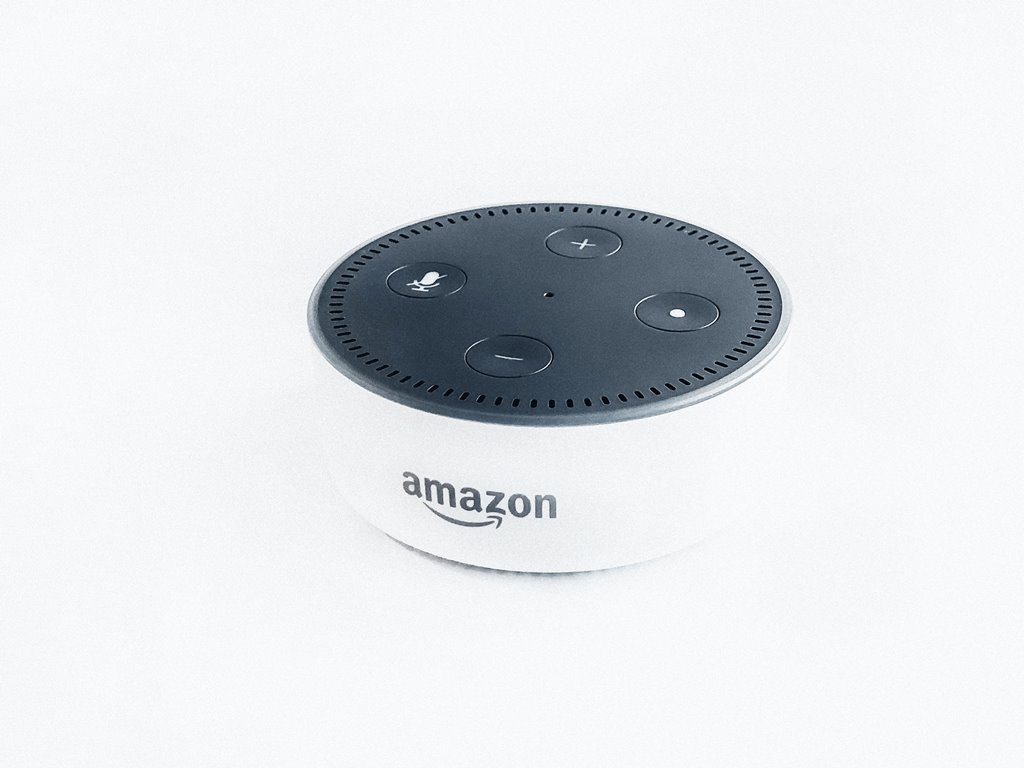E-learning has been made possible by technological innovations, such as the internet and cloud-based computing, making it enticing to prospective students.
Realistically, the university lifestyle has emerged to be time-consuming and costly, and this has made it less appealing to some prospective students. Additionally, the job market has been enshrined in uncertainty based on the stiff competition rendered.
As a result, younger generations are looking for alternatives in the acquisition of university education. These prospective students have, therefore, been eyeing e-learning as it has emerged to be an ideal option of meeting their needs and their employers’ requirements.
Prospective students propelling the e-learning market
In 2017, incredible growth was witnessed in e-learning courses as they generated at least $46B. Based on a Forbes estimate, the e-learning market will be worth at least $325B by 2025.
Notably, e-learning has become popular among prospective students because of the wide choices availed. E-learning courses have taken the approach of being well-packaged as they comprise of different lessons that usually invoke the learner’s imagination.
The choices availed play an instrumental role in offering an amusing setup for gaining the desired skills.
E-learning’s flexibility and cost
E-learning costs are low, and this has made it favorable to prospective students. Realistically, being enrolled in any university has proven to be a costly affair because of the fees charged. This has made many students suffer from debt, and this has, at times, made them worse off.
The low cost associated with e-learning has made it an alternative option.
Conversely, prospective students are favoring e-learning because of the flexibility involved. For instance, they can learn different concepts at their own pace and in an environment that suits them. E-learning has also been made possible by technological devices, such as tablets and smartphones.
On the other hand, the worldwide e-learning market estimated to be worth at least $170 has not been fully tapped in Nigeria. This is despite the fact it has emerged to be one of the countries in Africa to have considerably embraced internet usage.







